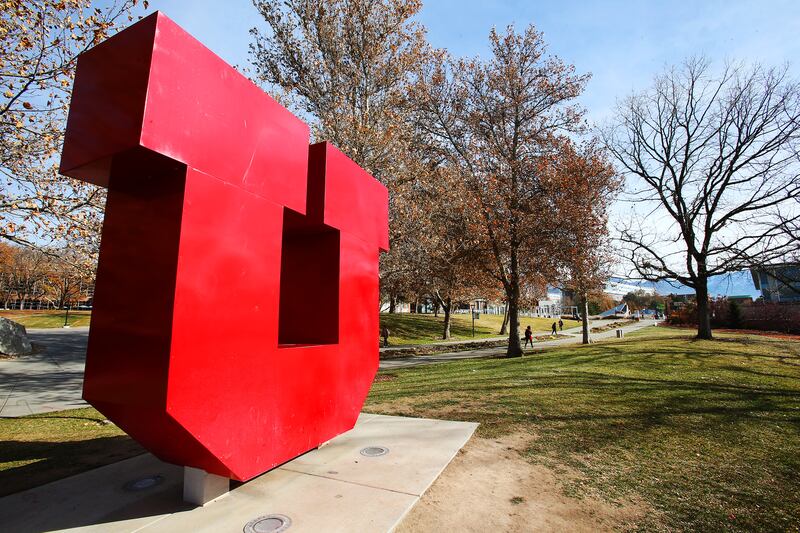Educational choice has been called the most important civil rights issue of our time. Last month, Arizonans started calling it the law of the land. Now, it’s time for the Beehive State to call it “the Utah way.”
Though school choice has been a hot political issue for years, it’s not actually controversial. A national poll conducted by the American Federation for Children in June found 72% of Americans support it and only 18% oppose. It’s just as popular among Black Americans as white, and even more popular with Latinos. Two-thirds of Utahns, and three-quarters of parents support it, too, according to EdChoice.
This shouldn’t be surprising. After all, families that can choose which schools their children attend always have. Between private, charter, and magnet schools, home-schooling, and families that choose their residence specifically to access their district’s schools, more than half of all Americans already exercise some kind of education choice, reports Education Next.
No one begrudges affluent families exercising their right to choose the schools that best fit their needs any more than people would restrict which colleges students should be allowed to attend. Nor is there any reason this flexibility should be exclusive to rich families. Anytime a poor, gifted child wins a scholarship to a prestigious school, he or she is roundly and rightly congratulated.
All this raises the question, why should educational choice be restricted at all? If it’s fine for power forwards, musicians, “mathletes” and rich kids, why not for everyone else?
Arizona just answered that question: Why not, indeed?
In the wake of COVID-19-era controversies about school closures, masking and curricular transparency, the Arizona Legislature just passed legislation creating education savings accounts — funded with $6,500 per year — for every student in the state. Arizona families can use the money however best serves their students’ needs: for private school tuition, home-schooling, for travel expenses to attend a school farther away, micro-schools or any other among myriad options. Instead of just funding one bureaucracy, Arizona will now be funding each of the state’s more than 1 million K-12 students.
This is a win-win for Arizona. It will empower parents, connect children to the schools that fit them best, and inaugurate a new era of educational creativity and diversity in the state. The final bill even added more than $1 billion to Arizona’s education budget.
It can — and should — be a win-win for Utahns. too.
Here, leaders on both sides of the aisle pay homage to “the Utah way,” our state’s distinct, cooperative, and highly effective approach to solving problems. Republican Gov. Spencer Cox calls it “a mindset to think creatively about solutions to community problems and invite a wide range of parties to come to the table.” Democratic Salt Lake County Mayor Jenny Wilson says it “means something different to each Utahn because each has a different background and sees our state from a unique lens.”
These two perspectives make a powerful argument for universal school choice.
Facing the challenge of educating an entire state of children, each from a different background, parents are by definition the widest-ranging and most diverse “parties” to bring to the table. Families, and not just political insiders, should be making decisions regarding their kids’ education. And in the interests of equality, that logic should extend to all families, not just the ones in certain ZIP codes.
This — the universality of Arizona’s Empowerment Scholarship Account program — is what makes the approach such a lever of diversity, equity and inclusion — and why it presents such a golden opportunity to Utah and the rest of the country.
Every parent and teacher knows there are as many ways to educate students as there are students. Public policy should therefore decentralize and diversify classroom experiences as much as possible. Fully funded ESAs for every Utah child will enable all students to find their passions and develop their talents in the environment that best fits their temperament and learning-style. And more personalized education enables each student to thrive without depriving anyone else of time, attention or resources.
Accomplishing all this while bolstering the state’s education budget, maintaining accountability and providing greater accountability to taxpayers and parents alike are what should make universal ESAs the next frontier for the Utah way.
Heather Andrews is state director of Americans for Prosperity.

